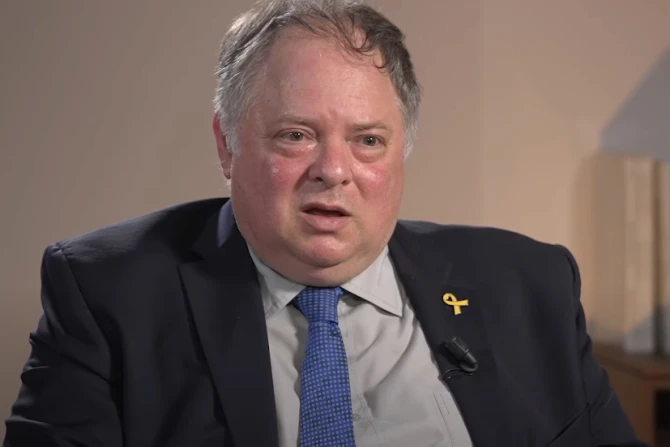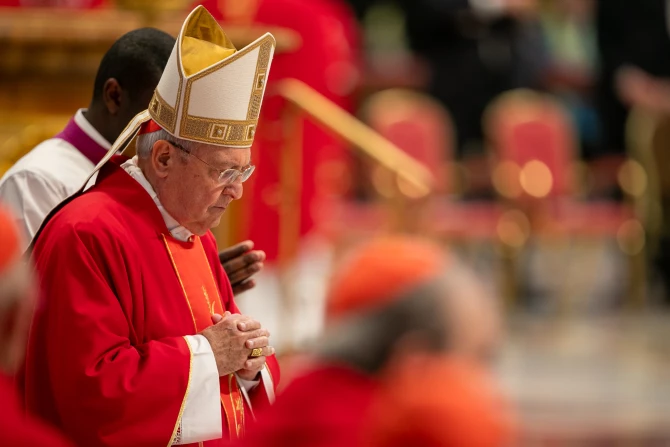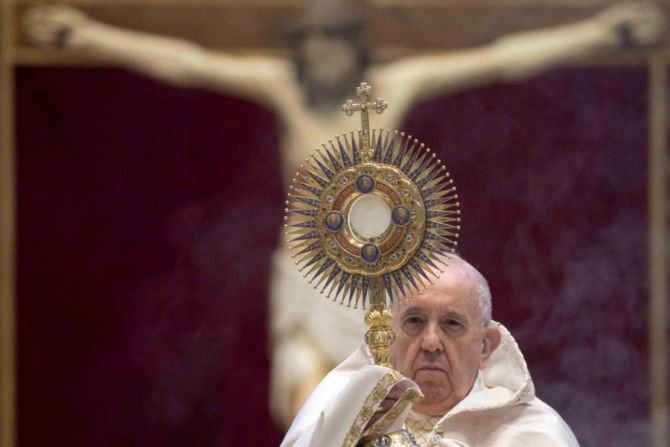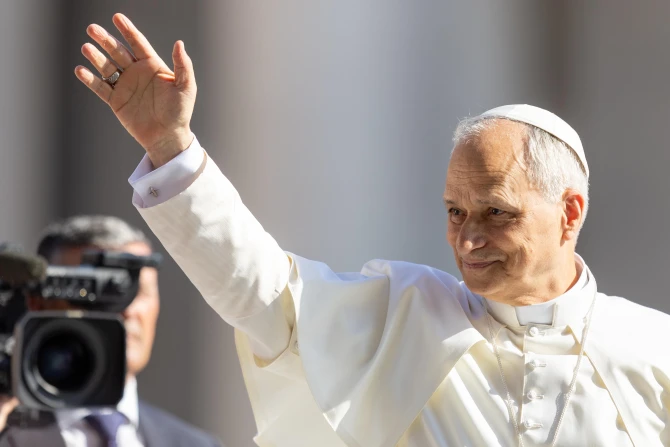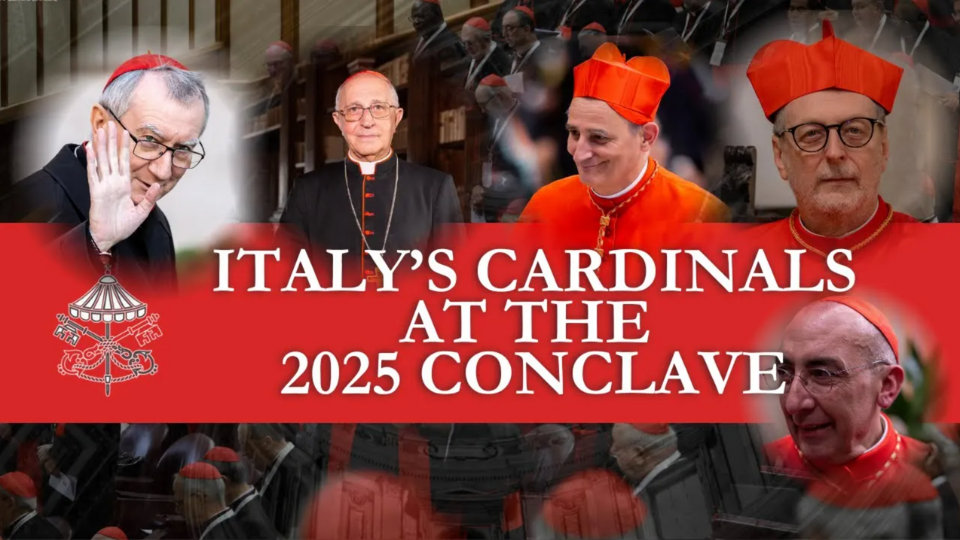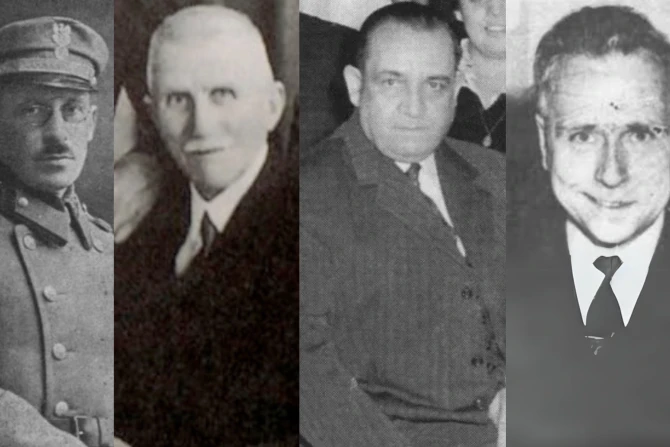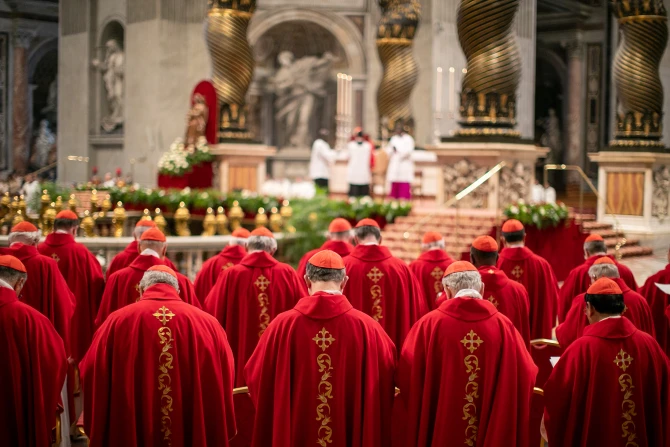In a June 19 interview with EWTN News, Israel’s ambassador to the Holy See, Yaron Sideman, defended his country’s attacks on Iran’s nuclear and ballistic missile programs, saying Israel is preventing World War III.
SIGN UP FOR OUR NEWSLETTER HERE
Speaking with EWTN News correspondent Colm Flynn, Sideman said that Israel attacked Iran last week in what felt like the “eleventh hour,” saying the country had no choice but to protect itself by destroying Iran’s weapons programs.

When asked if he thought Israel’s attacks on Iran are bringing the world closer to a third world war, Sideman responded emphatically that “We are preventing a World War III.” “We are preventing further escalation by depriving … the most dangerous regime on earth from the most dangerous deadly weapon on earth.”
“If we do not eliminate the nuclear program, it will eliminate us,” he said.
In recent months, Sideman said, Iran’s nuclear and ballistic missile programs “accelerated to an unimaginable degree.” He said Iran has enriched uranium to 60% U-235, a level close to weapons-grade, “enough for nine nuclear bombs,” and was producing ballistic missiles to carry the bombs at a rate of 300 missiles per month.
Sideman said that according to the nuclear watchdog International Atomic Energy Agency (IAEA), Iran is in severe noncompliance regarding its nuclear program because the levels to which it has enriched its uranium far exceed the levels necessary for the nuclear energy program Iran has claimed its uranium enrichment is for.
Asked how Israel sees this conflict with Iran ending, Sideman said that “One way or another, militarily or voluntarily, it will end with the elimination or at least the significant skating back of the Iranian nuclear and ballistic missile program.”
According to Sideman, Iran is the only UN member country that has repeatedly threatened to eliminate another country. He recalled that Iran has fired 400 rockets and drones into Israel unprovoked over the last year “to prove that it means what it says.”
“We cannot live under such a threat,” Sideman said.
Message to Iranians: ‘Our fight is not with you’
Asked what he has to say to the citizens of Iran who may not support the radical ideologies of the government and who are living through the violence, Sideman replied “I will say to them ‘Our fight is not with you.’ We have the utmost respect for the …people … and we sympathize with their suffering.”
But he blamed their suffering on the “brutal regime that has taken them hostage,” saying he hopes the outcome of this conflict will be a “return to the friendly, cordial, peaceful relations that existed before,” recalling that until 1979, the two countries had a “peaceful,” even “friendly” relationship. During World War II, for example, Iran was one of the few countries that welcomed Jews escaping Nazi persecution.
After the Islamic revolution in 1979, however, Sideman said the new Iranian government then “made it its business to annihilate the state of Israel.”
Pope reiterates call for dialogue
In Rome on Thursday, Pope Leo XIV reiterated his urgent call for peace between Israel and ongoing conflicts in Gaza and Iran. “I would like to renew this appeal for peace, to seek at all costs to avoid the use of weapons, and to seek through diplomatic instruments, dialogue,” the pope said, decrying the deaths of “many innocents.”
Sideman indicated that he has not yet spoken to the Holy Father, other than during a brief interaction prior to the outbreak of the conflict in which he invited him to visit Israel.
Sideman added that as ambassador, a top priority for him is to engage the Holy See “in every which way to help facilitate” the release of the 53 hostages who have been held captive for 622 days by Hamas.
In relation to Gaza, he said “the suffering will end the moment Hamas ceases to exist as a military and governing force in Gaza,” Sideman said. “The moment that happens, and our hostages return … that is when there will be no need” for Israel’s continued military presence in Gaza.
“We want peace,” Sideman concluded. “Even a cold peace is better than war.”
FIND THE POPE’S BIOGRAPHY HERE
The full interview on EWTN News Nightly with Ambassador Sideman can be viewed above. This article was first published on CNA.

